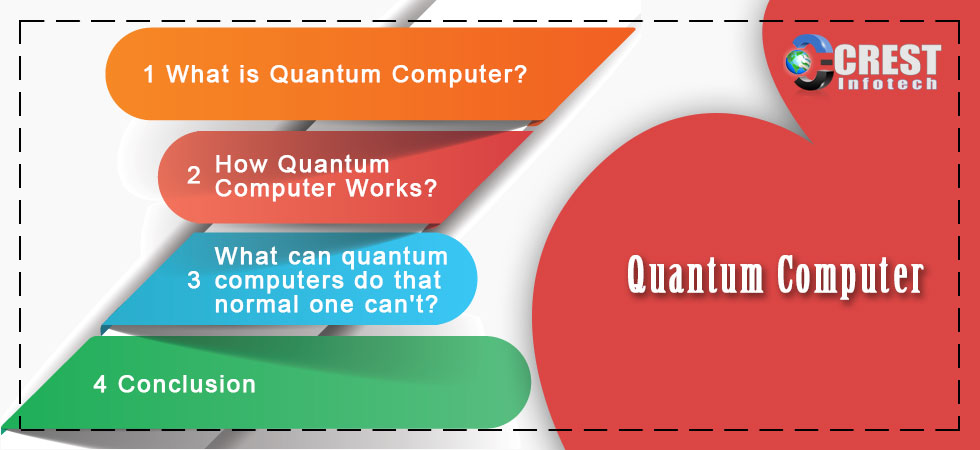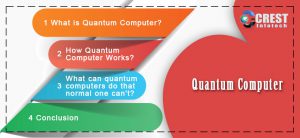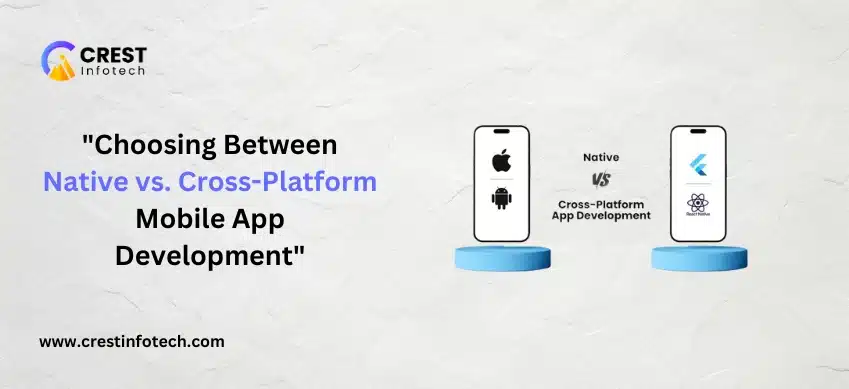Today I will talk about “Quantum Computer – Can Solve Algorithmic Problems”, How Quantum Computers may one day solve algorithmic problems which even the biggest supercomputers today can’t manage.
QUANTUM COMPUTER – CAN SOLVE ALGORITHMIC PROBLEMS
A Quantum Computer is nothing but It is Any Device for computation that makes direct use of distinctively quantum mechanical phenomena, such as superposition and entanglement, to perform operations on data.
As We know classical computer-stored information as bits, but Quantum computer-stored information as qubits (quantum bits).
Alexey Fedorov a physicist at the Moscow Institute of Physics and Technology who said that “The difference between classical bits and qubits is that we can also prepare qubits in a quantum superposition of 0 and 1 and create nontrivial correlated states of a number of qubits, so-called ‘entangled states’”.
The Basic Principle of quantum computation is that the quantum properties can be used to represent and structure data and that quantum mechanisms can be devised and built to perform operations with this data.
If large-scale Quantum computers can be built, they will be able to solve certain problems exponentially faster than any of our current classical computers. Furthermore, it is different from other computers such as DNA computers and traditional computers based on transistors.
HOW QUANTUM COMPUTER WORKS?
In 1947, American computer engineer Howard Aiken said that just six electronic digital computers would satisfy the computing needs of the United States. Others have made similar errant predictions about the amount of computing power that would support our growing technological needs.
As per Moore’s Law states, the number of transistors on a microprocessor continues to double every 18 months. The year 2020 or 2030 will find the circuits on a microprocessor measured on an atomic scale. And the logical next step will be to create quantum computers, which will harness the power of atoms and molecules to perform memory and processing tasks.
WHAT CAN QUANTUM COMPUTERS DO THAT NORMAL ONE CAN’T?
Quantum Computer completely operate on different principles to existing computers. Hence, it makes them totally well suited to solving mathematical problems, like finding very large prime numbers. While prime numbers are very much important in cryptography, it’s like that quantum computer would quickly be able to crack many of the systems that keep our online information secure.
Because of these risks, researchers are already trying to develop technology that is resistant to quantum hacking. On the flipside of that, it’s possible that quantum-based cryptographic systems would be much more secure than their conventional analogs.
In July 2016, Google engineers used a quantum device to simulate a hydrogen molecule for the first time. And since then, IBM has managed to model the behavior of even more complex molecules.
CONCLUSION
Quantum computers solve algorithmic problems more than the fast supercomputer and make all things easy for day to day life.




